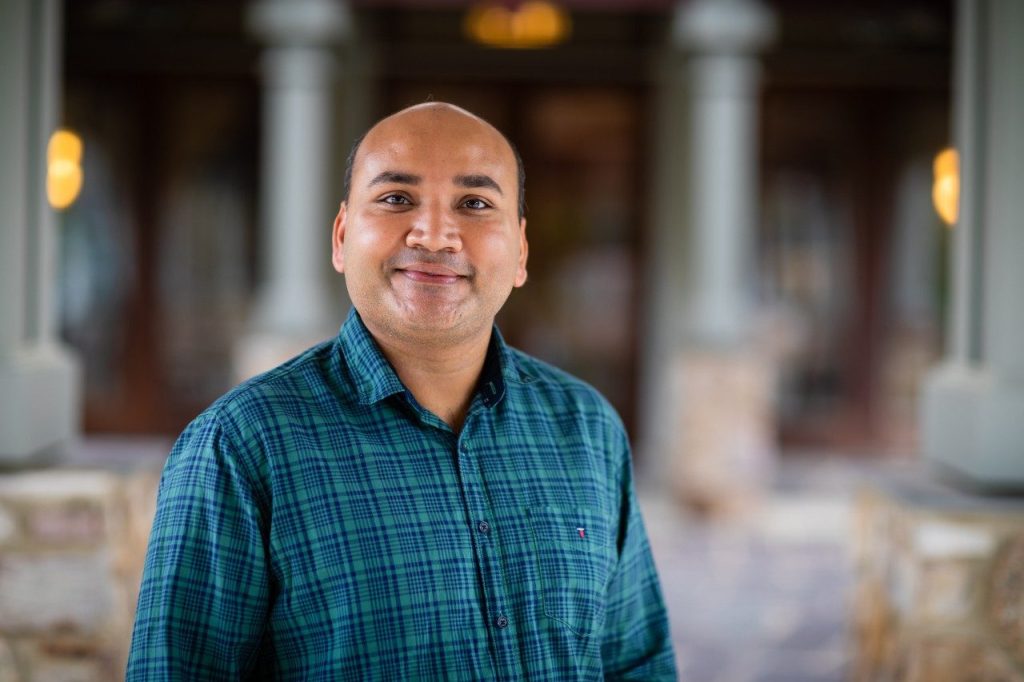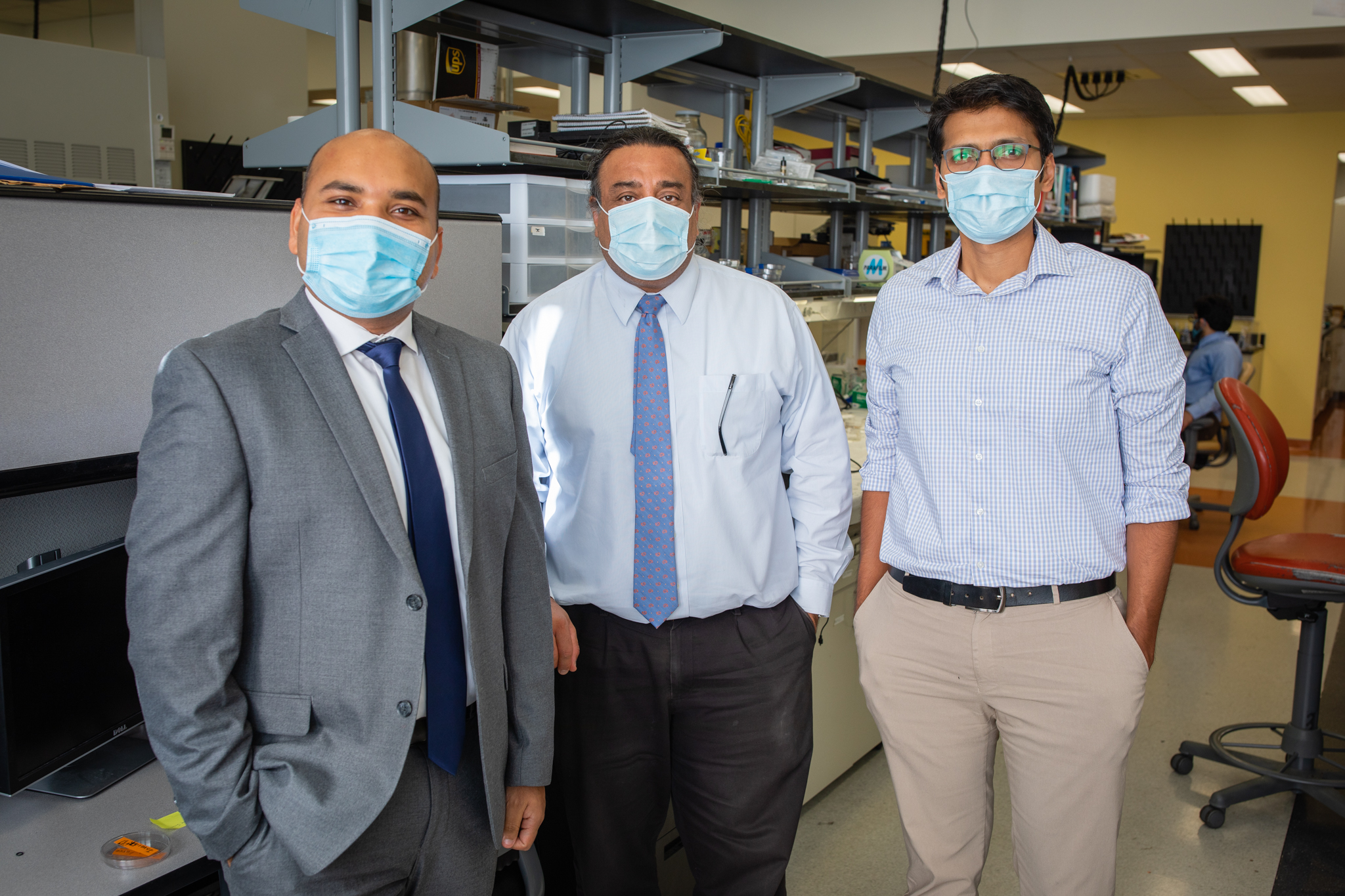Building a COMPASS to navigate future pandemics

Viruses like SARS-CoV-2 don’t respect boundaries, moving between species and continents and leaving destruction as they go. Beating the next pathogen with pandemic potential means getting good at crossing borders ourselves — between fields of study, between research universities, and between scientists and the wider community.
An $18 million grant announced by the U.S. National Science Foundation (NSF) will put that goal within reach. The award brings together five universities and more than 20 researchers, academics, and public health experts to establish the Virginia Tech-led Center for Community Empowering Pandemic Prediction and Prevention from Atoms to Societies (COMPASS).
Among those on board are Naren Ramakrishnan, the Thomas L. Phillips Professor of Engineering and director of the Sanghani Center for Artificial Intelligence and Data Analytics, and Anuj Karpatne, associate professor of computer science and core faculty at the center. Read full story here.



